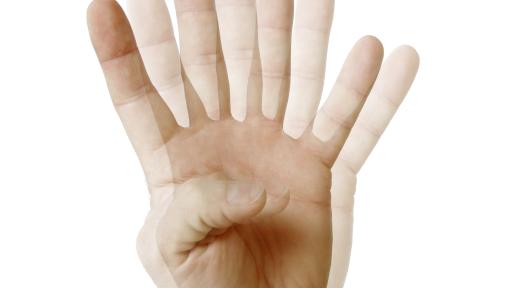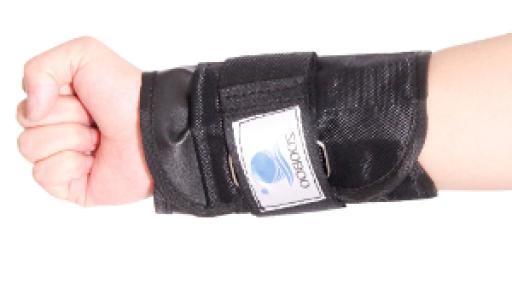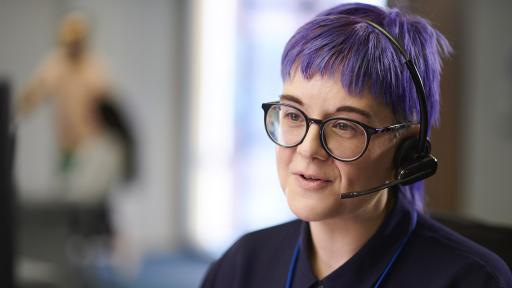Ataxia is the medical term for lack of voluntary coordination of muscle movements. In MS this can be seen as clumsiness, unsteady gait, impaired eye and limb movements, and speech problems. In some cases, the lack of coordination is seen as tremor. Treatment can involve exercises to build up core stability and strength in muscles, and finding ways to reduce the effect of the symptom.
Many parts of the body are involved in making our movements smooth and coordinated. These include the eyes, structures in the inner ear that help us to balance, the sensory nerves that tell the brain where our joints are in space and a part of the brain called the cerebellum.
All of the movements we make, including walking or speaking, involve a complicated interaction of signals from the brain and feedback from the nerves in the limb or organ involved. The cerebellum coordinates these messages. If damage to the nerve fibres in your cerebellum delays or interrupts the matching of these signals, it leads to ataxia.
Estimates vary, but research suggests as many as four out of five people with MS will have ataxia to some degree at some point. For most people the symptom is relatively mild and doesn't have a major impact on their life.
Ataxia is usually treated with a combination of rehabilitation and compensatory strategies.
An exercise programme to strengthen the core muscles may help. This is because many people with ataxia have poor balance and will spend much of their day sitting down. This can lead to weakness of the muscles, especially the core muscles, which can make the problem worse. A physiotherapist may be involved to identify exercises that help you to build up core stability and strength in your muscles.
This involves trying to find ways to make specific tasks and situations easier to manage. For example, if ataxia is affecting your arms, using weighted cuffs can sometimes dampen down the effects. Tight fitting lycra clothing can also help some people manage their ataxia. If your balance is affected, walking aids may help. A physiotherapist with expertise in MS can advise you on these approaches.
It is sensible to make sure you continue to do activities which challenge your sense of balance and co-ordination, even if you find it hard. Doing yoga or Tai-Chi, going horse-riding, or even playing at home on a Wii-fit balance board can all help stimulate and exercise your brain and body. This way, you can preserve and enhance your abilities.


